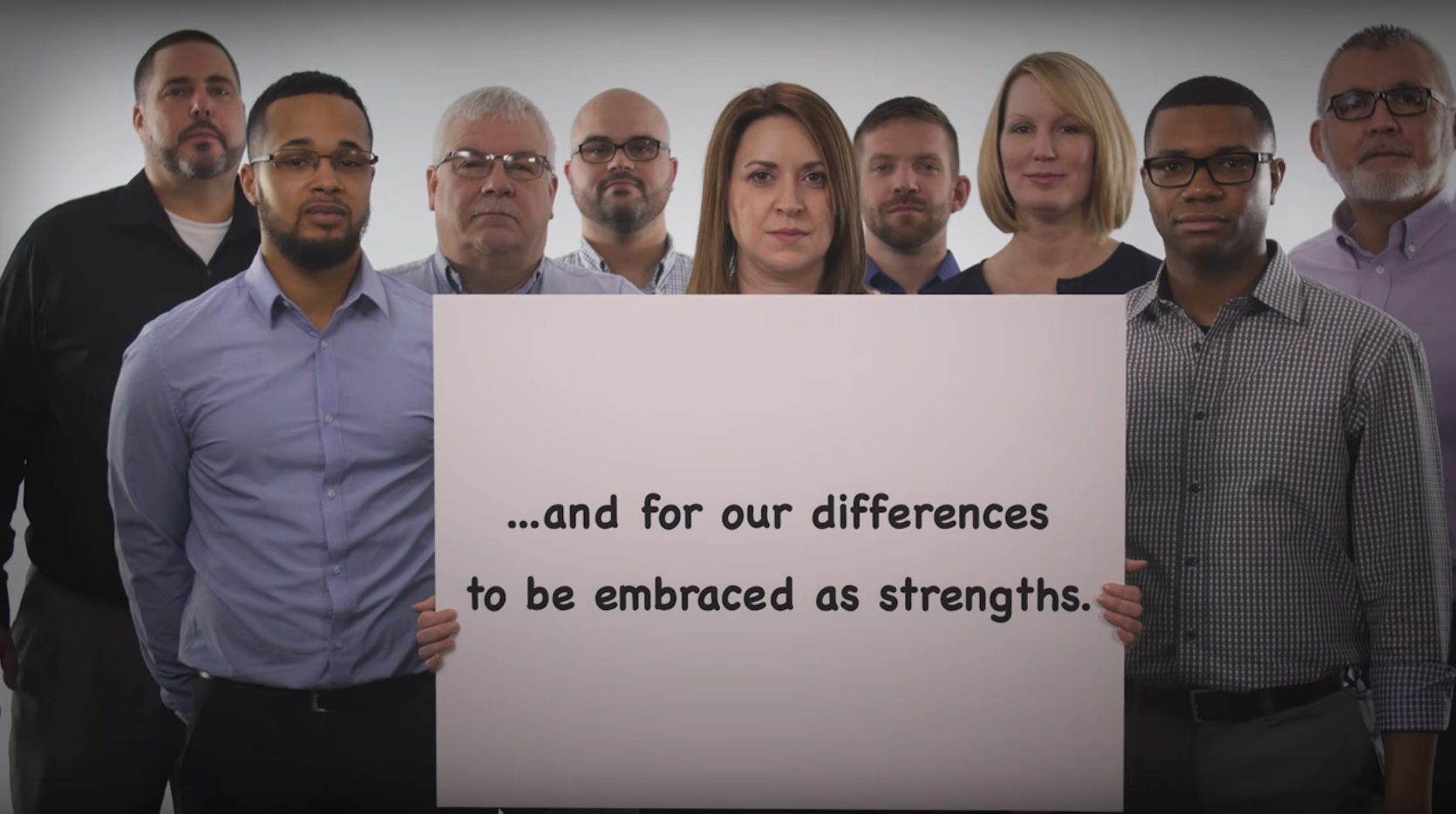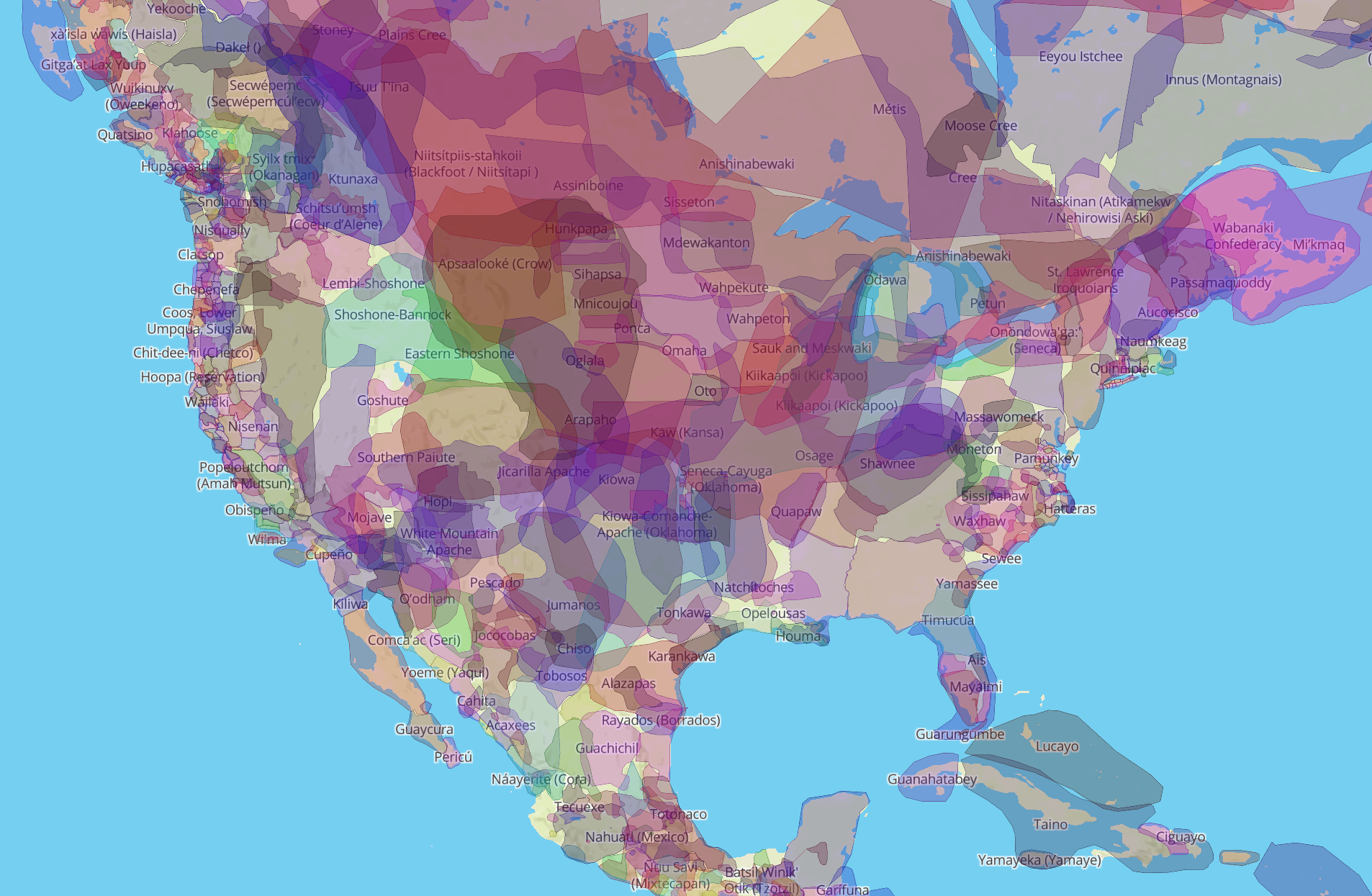Michele “Shelly” DeBiasse, PhD, RDN, LDN
Inclusion begins with I
Diversity is vital to all aspects of our society, but diversity without inclusion is ineffective. Similarly, inserting the word “inclusion” into one’s diversity statement without operationalizing it amounts to tokenism. Inclusion is “an active process in which voices and perspectives of diverse members are heard and respected” (DeBiasse & Burt, 2019). Diversity without inclusion is not sustainable.
Lack of true diversity and inclusion in the profession of dietetics is a problem in the United States as well as Canada and Great Britain. We know the racial/ethnic disparity within the dietetics profession (2020 data: Black/African American RDNs 2.6% vs. white 81.1%)(cdr.net/registry-statistics accessed January 14, 2021). We don’t know the demographic data for dietitians in terms of gender/sexuality nor disability as our credentialing agency does not collect those data. We argue in our recent Nwl_RDPG_Summer2021_Final that it is impossible to improve diversity, equity, and inclusion (DEI) in dietetics without collecting these demographic data so that both the current state of diversity in terms of historically excluded groups, and any change in representation of historically excluded groups can be monitored.
As a profession, we MUST do better. And it is especially important for those of us in positions of privilege to do the “internal and external” work required in order for our profession to be truly diverse and inclusive. Please join me.

